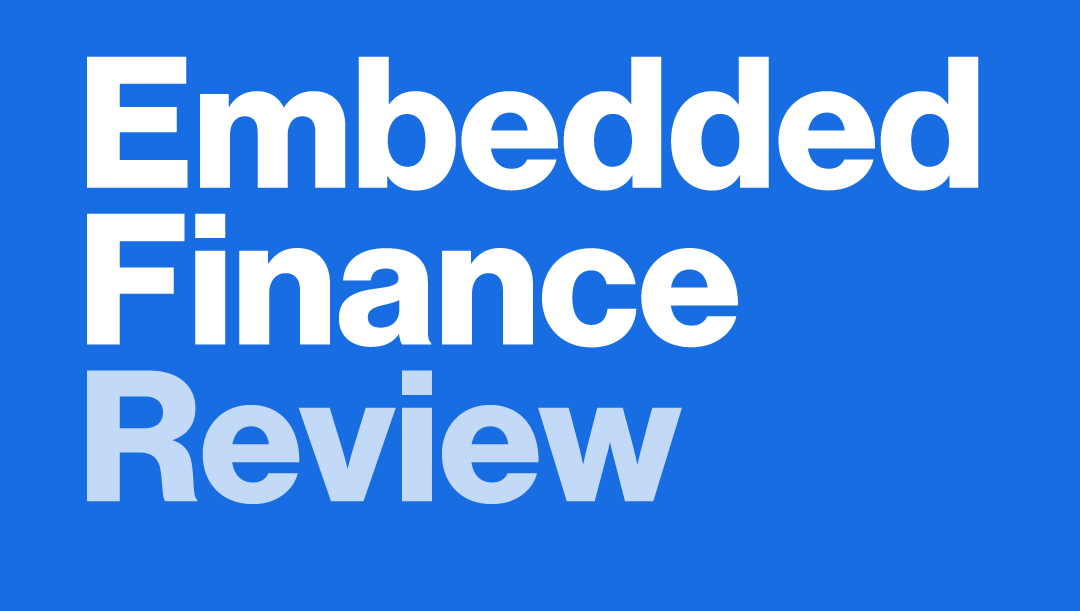In this episode, host Lars Markull speaks with Anniina Heinonen, Managing Director at Wolt Payments, about how the Finnish food delivery platform transformed from a restaurant marketplace into a regulated financial institution. Wolt operates across 20+ European markets and has built embedded finance capabilities that go far beyond simple payment processing. Anniina explains how PSD2 compliance became the catalyst for Wolt's financial services journey, leading to a comprehensive suite of products that support merchant growth while creating competitive advantages for the platform.
How PSD2 Compliance Sparked Wolt's Embedded Finance Strategy
PSD2 regulations required Wolt to establish an in-house payment institution in 2021 for merchant acquiring compliance
The decision to build capabilities in-house rather than outsource created strategic leverage across 20+ European markets
PSD2 accelerated existing Fintech thinking that was already embedded in Wolt's DNA from the early days
Platform businesses naturally require sophisticated financial infrastructure to manage multi-stakeholder money flows
The regulatory requirement became an opportunity to control and optimize the entire payment experience
Wolt's Complete Financial Product Portfolio
Merchant Acquiring: Regulated payment acceptance and payout services for restaurant partners across Europe
eWallet Functionality: Gift card credits stored as e-money in the app, creating customer retention and convenience
Wolt Capital: Cash advance lending product offering tens of thousands of euros to restaurant partners
All products leverage Wolt's unique position in the payment flow and rich merchant data
Integration across products creates seamless experience for both customers and merchants
Revenue-Based Lending for Restaurant Partners
Wolt Capital provides unsecured cash advances based on merchant performance data from the platform
Automatic revenue-based repayment takes percentage from daily payouts, adapting to seasonal fluctuations
Merchants use funding for equipment upgrades, premises renovation, working capital, and new venue openings
Partnership with Finmid enables lending across 14 European markets in less than one year
Risk management improved through control of payment flows and access to real-time merchant data
Measuring Success Beyond Direct Financial Product Profitability
Success measured by merchant growth on the platform rather than direct lending profits
Focus on helping restaurants maximize potential rather than optimizing financial product margins
Embedded Finance creates flywheel effect: better-funded merchants generate more platform revenue
Conservative approach avoids force-pushing products, making them available when merchants have a genuine need
Long-term platform growth is more valuable than short-term financial services revenue
Building Regulated Financial Services In-House
Wolt Payments operates with full payment institution and e-money licenses across EEA markets
Team of just 15 people manages regulated activities, supported by hundreds across product, engineering, and local operations
Licenses cover all payment services and e-money services except money remittance
In-house approach provides control over development roadmap and customer experience
Regulatory compliance includes anti-money laundering and financial crime prevention as major focus areas
Practical Advice for Non-Financial Companies Entering Embedded Finance
Start with a few knowledgeable people in-house to establish proper foundations
Don't build embedded finance products simply because you can - focus on genuine customer problems
Getting the basics right early makes future expansion and complications easier to handle
Consider in-house capabilities when managing international business across multiple European markets
Building embedded finance creates better services for the entire ecosystem when done properly




